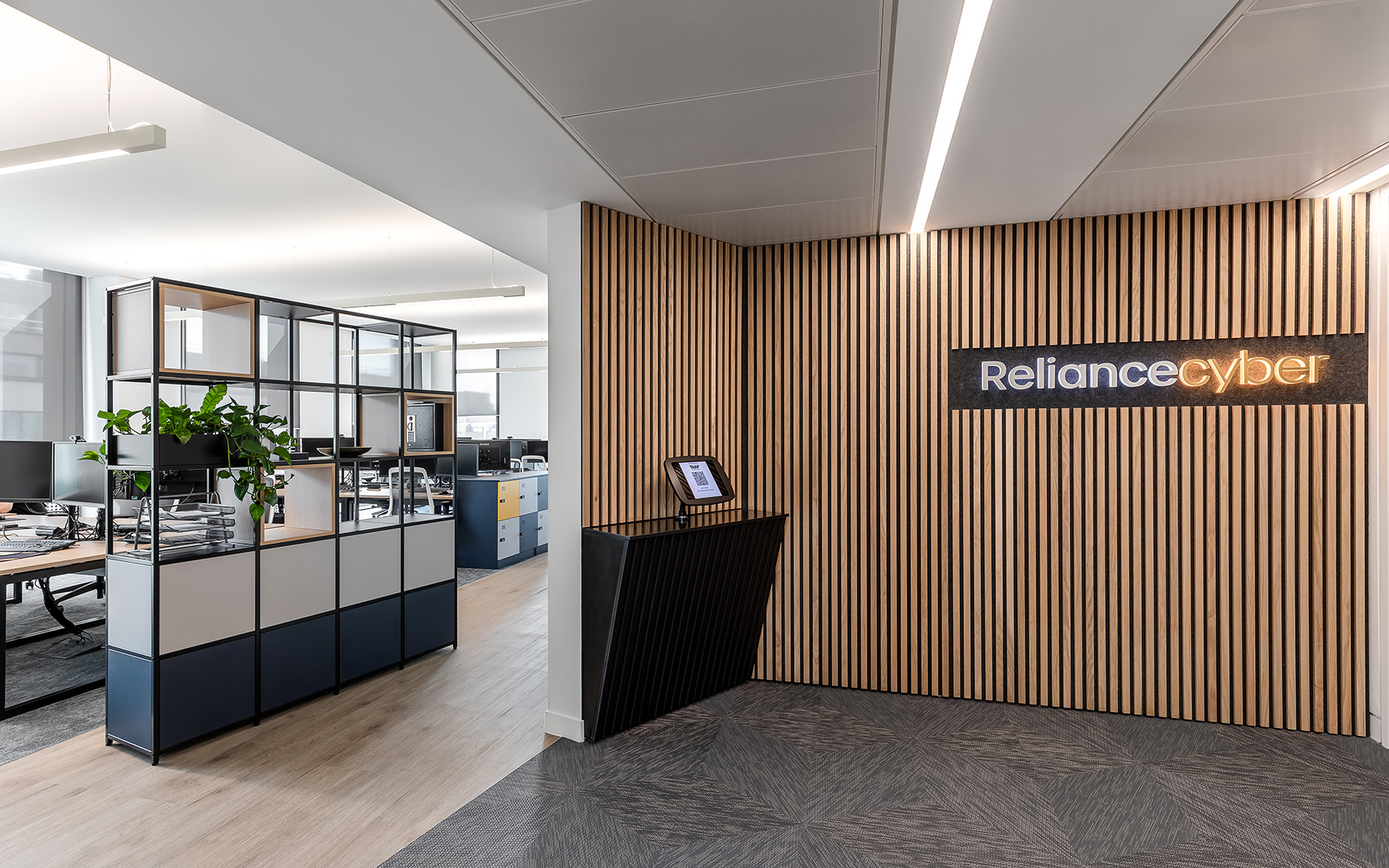Reliance Cyber Advisory Board member, Professor Victoria Baines, was recently named in SC Media’s top 30 female cyber security leaders for her influential work in the industry. We recently spoke with Victoria to discuss attracting and retaining diverse talent in the sector and the importance of reducing burnout.

Who works in the cyber industry?
One common misconception about the cyber industry is that it is full of very ‘techy’ people with a computer science degree. Whilst of course there are many in this position, the industry is made up of people who come from various backgrounds, both socially and academically.
Victoria shared, “I speak from experience when I say that the cyber sector is full of a real mix of people with many different interests and expertise. Personally, I first studied a classics degree and I have a Doctorate in Roman Poetry, though since then I have had an exciting and successful career in the cyber industry. Any degree that makes you think about research methods, that encourages you to think about things logically, is a degree that could set you up for a career in cyber.
“The cyber industry needs people who are good communicators, just as much as it needs people who are good at computers. We need people who can decode the acronyms and jargon and talk about cyber issues in a way that non-specialists will understand, making them more likely to recognise the importance of putting processes in place to protect their business.”
One of the most glaring irregularities – and something well-publicised – within the cyber industry workforce is the gender imbalance. According to a recent report by the Women’s Society of Cyberjutsu (WSC), women comprise just 11% of the global cyber workforce. In the UK the numbers are even more stark, with women making up just 8% of cyber security professionals, one of the world’s lowest percentages.
Victoria explained, “Generally when we talk about diversity, the conversation is centred around how we can enhance diversity in cyber by encouraging more women and diverse groups to study STEM subjects at school and continue this into their career. However, I believe that the real challenge here is not getting young people interested and into a first job in cyber, instead it is about encouraging those individuals to stay within the sector long term.
“It’s also really important to remember that not all careers in cyber are based around STEM subjects and coding. This industry, like others, relies on HR and marketing functions, sales teams and other operational roles that provide challenging and rewarding careers.. To encourage this more diverse team it is important that we can showcase the variety of roles that exist within the industry, that are just as crucial to business success as analysts and pen testers.
“To keep talent, we need to work harder to ensure that people have a solid career path, offering suitable training and progression opportunities alongside a work life balance – something that’s become an increasingly important element for many considering their next career move.”
In some cases there may only be so much that businesses can do to retain staff without actually updating their operational processes and ways of working. Currently, burnout is one of the most critical risks facing organisations and professionals in cyber security due to high stress levels, heavy workloads, tight deadlines and long or anti-social working hours. With the number of data breaches in 2021 soaring, there is even more pressure on security teams to keep businesses secure in 2022 and this has the potential to exacerbate the issue.
But at a time when strength and resilience have never been more important, burnout, low staff morale and high employee turnover could put businesses on the backfoot when attempting to manage the mounting cybersecurity threat.
Victoria explained, “We need to further design the stress out of the cyber industry to ensure that individuals have a greater work life balance going forward. The industry is increasingly focusing more on positive wellbeing initiatives and moving away from the traditional macho nature it has previously projected.
“We can’t keep expecting people to just keep pushing through burnout with no time to recover. We need to look after our people and ensure they feel supported. This will be the most important thing to help retain our talented colleagues in the sector.”
Professor Victoria Baines is a Visiting Fellow at Bournemouth University and a leading author and speaker in the field of cybersecurity.
Regularly appearing on major broadcast media, Victoria is an authority on the misuse of emerging technologies and is an advocate for improving safety online.
Until 2017, Victoria was Facebook’s Trust & Safety Manager for Europe, Middle East and Africa but before this, she led Strategy & Prevention at Europol’s European Cybercrime Centre (EC3) and was responsible for the European Union’s cyber threat analysis.
If you’re looking for your next role, why not take a look at our live vacancies?

